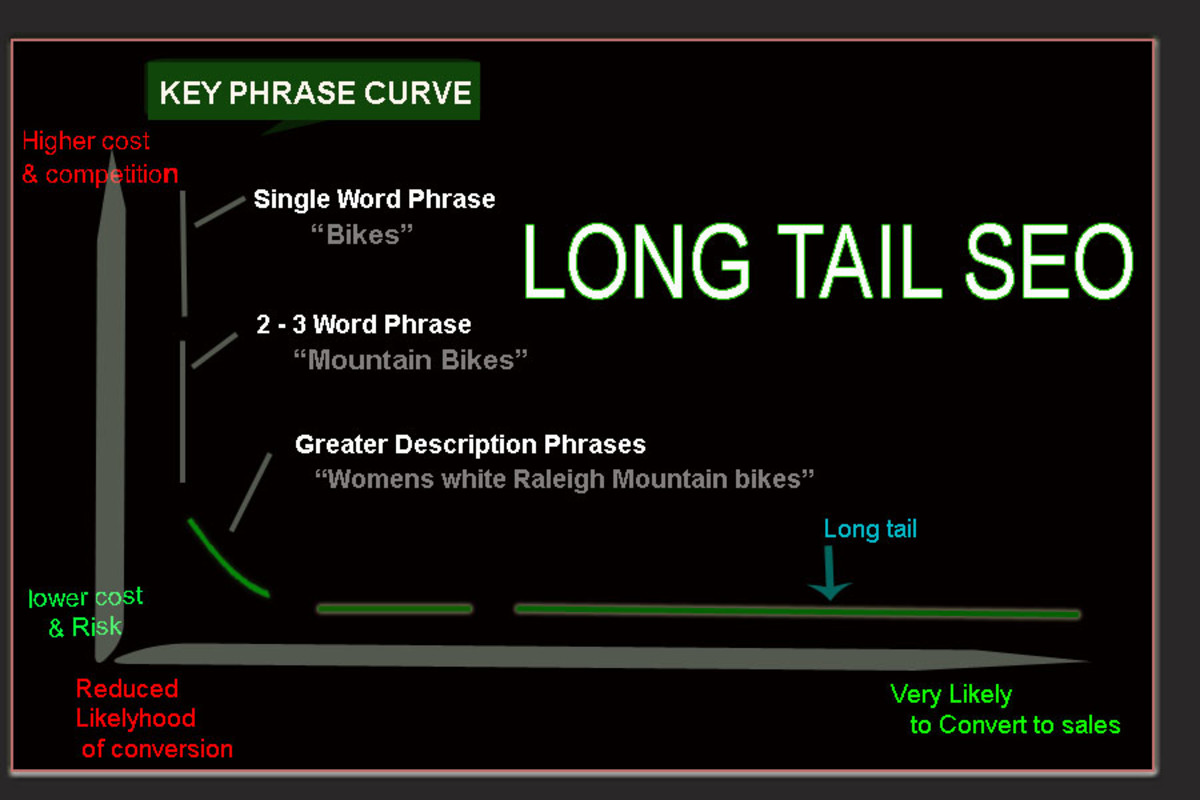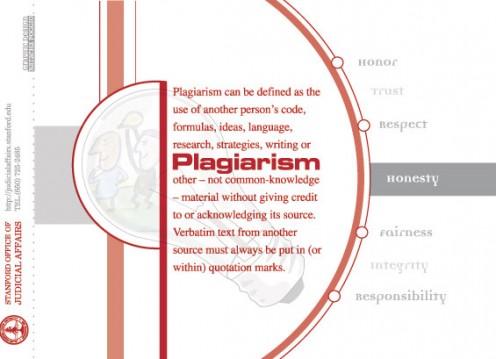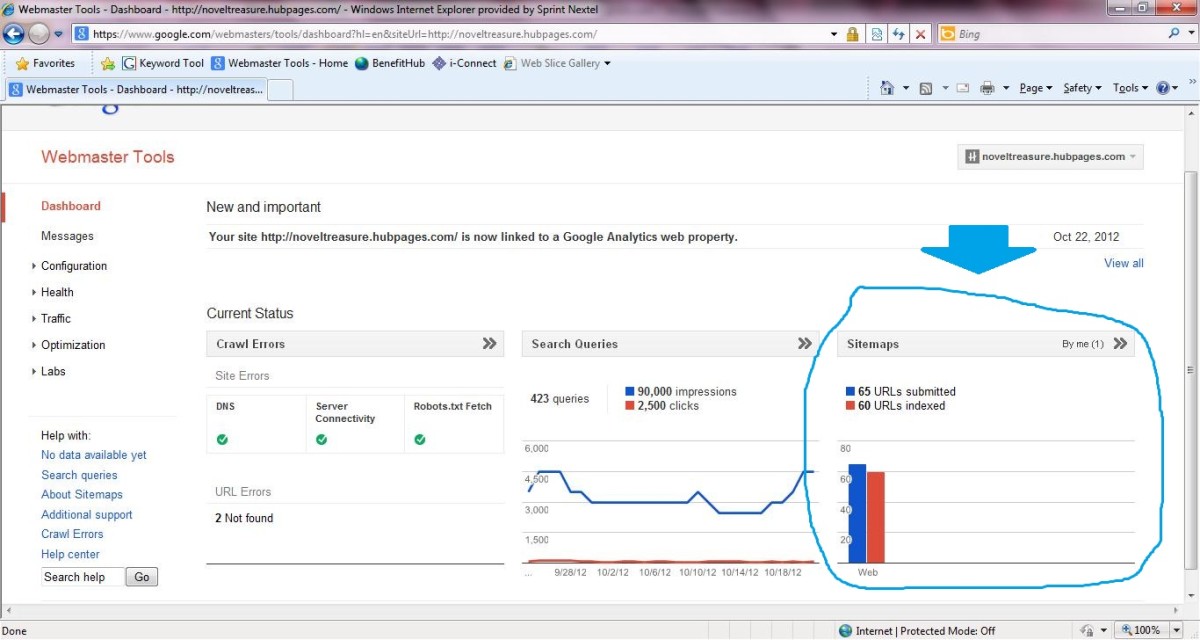Quality Article Writing

Long Tail Topics and Evergreen Content
Creating Articles that Last Forever
Gaining organic traffic to your site, article or blog is the best way to find top-notch ranking on Google, or any search engine. There are 3 rules I follow that help when writing a good Long Tail article and creating evergreen words that last forever. These are the elements that are most respected by any search engine: 1). Find a niche topic, 2). Choose keywords, and 3). Just Write. If you follow each of these to the best of your ability, you may find not only the satisfaction of reaching personal goals, but the gratification of reaching monetary comfort.
Let's start with, "What does Long Tail mean?"
The words "Long Tail" are called such because of the way a graph looks when showing the unpopular portion of a market. The more unpopular the topic, the longer it grows on the tail of the graph (*see sample graph below) . Long Tail is in reference to the marketing strategy that purposely works with the profit possibilities of those items that are not by themselves popular, but when combined together, make-up profit that can compete with the most popular, or top selling individual items. Long Tail is most commonly known as the "niche" market.
Long Tail Topics and the Niche Market
This two-word term "Long Tail" is in direct reference to the "niche" market. It deals in those things (topics, information, or merchandise) that are not considered to be popular. Let's take for example the top 20 music hits of today. These will be selling at a tremendous rate which amounts to abundant sales dollars because of the popularity each song has today. On the opposing end, you have the music from the past—all of the past— from last year all the way back to the first music recordings. These songs are certainly not popular today, but somewhere, someone is looking for them. Because these songs are no longer on the hit list, finding them among the stacks of popular sounds is a trifle more difficult, and the older and more odd the song is, the more difficult it is to find.
With this is mind, what if someone were to write an article about obscure songs from the 60's titling it, "1960's Muscle Car Songs?" Adding into the body of the article particular names of obscure songs, and gingerly providing ad placement offering a way to buy songs about muscle cars. This writer would be creating an online article that is capturing the 60's obscure muscle car song "niche" topic. In essence such a niche portion, or small part of the musicality business that the author has found the long tail within the topic. Bonus! You get all of those people who are searching for 1960's Muscle Car Songs, which is just what you are writing about! Who Knew?
"Reach inside for the best sentences, the most intriguing words, and above all write to keep your reader engaged in your work. If this means you have to spill a bit of your own emotional blood on the keyboard for the sake of your reader, then spill blood." --K9--
*Long Tail Sample Graph (view larger by clicking on graph)

3 LONG TAIL RULES TO LIVE BY
When writing an article for online use, shooting for a long tail evergreen effect is always the best idea. To accomplish this goal, a few rules must be followed. The three primary rules that I follow are:
- Find a niche topic you enjoy and know a little (or a lot) about and do thorough research first. This means research the things you already know, which brings something new to the topic and sets you apart from the other online writers.
- Choose keywords and phrases that capitalise on the long tail of your topic, yet allows for evergreen growth of the article. (This includes a long tail title—possibly the most important component.)
- Just Write: Write clearly, write unique information, write content that has longevity and belongs to only you.

RULE 1: FIND A NICHE TOPIC
Deciding on which topic is niche enough is a skill that with good research habits can be mastered. You want to find a topic that is far reaching enough for a particular searcher, yet defined broadly enough to get searched for. Let's examine a topic chosen for a successful online article here on HubPages about the zoo business.
I chose "zoos" as my topic of interest for an article because I love animals. Even as zoos are pretty much a niche topic already, could the topic be dialed-in traveling further down the long tail to a specific searcher within the zoo topic; serving the article and reader much better? Using this question, I went a step farther by choosing one thing about zoos I have both knowledge and interest in, which is the topic of Big Cats.
By taking this step I refined the topic dedicating it to a particular breed of zoo searcher, the Big Cat lover. This wasn't good enough for me, I wanted to go even deeper into a niche topic traveling even farther down the long tail trail. I wanted to write my article about zoos and the keepers who love the big cats, but could I find a niche within a niche's niche? The answer is absolutely yes. I took one more step with this article which took me to a lonely rare and unknown location I titled; "Zoos -How to Get Big Cat Jobs, Internships and Education." Not a very popular topic but when dialed in as a very small search topic, it feels like I'm getting just about everyone who searches for big cat education tips. This is how I get into the meat of a good niche topic. NOTE: Be certain to leave a trail of breadcrumbs behind you, because finding your way home from such Long Tail niche topics can require a little help!
FINDING SOME REALLY GOOD NICHE TOPICS TO WRITE ABOUT
I chose the big cat zoo keepers education topic way down the Long Tail, now I had to make sure to create work that was easily found and that had keywords for which Big Cat Education searchers were bound to be searching for.

RULE 2: CHOOSE KEYWORDS
So how do you find the best keywords a searcher is bound to be searching for? In this world of virtually-everything, there just happens to be a niche market just for niche markets. Right here on HubPages you will find a few superb articles that go into depth on the keyword subject. However, to give you an introduction to keyword locating I'll start you out with where to go for some of the best options. In my opinion, Google word search provides you with a dialed-in program that deciphers your topic and those words that will most likely get searched for. If you scoot over to the HubPages Learning Center you can get a quick and very clear lesson for finding topics, keyword search, and how best to use the Google site. It is priceless education for anyone who wishes to find success with writing online articles.
A GREAT RESOURCE FOR LEARNING ABOUT KEYWORD SEARCH TERMS
Plagiarism Definition and Mantra from Standford University - California

WHAT YOU THINK REALLY DOES MATTER!
What are the three Long Tail rules to live by?
RULE 3: JUST WRITE
The first and most important thing about writing ANYTHING online (or anywhere) is that you must write. Which means write your own words! That may seem to be an odd statement, but in every cyber-society you will find those who choose to lurk on the seedy side of the SEO tracks. Copied content or spinning some one's words is just pilfering, it is not writing. Your job is to write about the things you know about, sharing your knowledge with others. Teach us something we don't know, something you just learned, or simply entertain us with captivating tales of swashbuckling Toad People from that deep place of imagination found only within your brilliant brain.
Whatever you choose to write about, it has to be worth the searcher's time to read it; so treat it as such. Reach inside for the best sentences, the most intriguing words, and above all write to keep your reader engaged in your work. If this means you have to spill a bit of your own emotional blood on the keyboard for the sake of your reader, then spill blood.
Watch PART 1: A FREE YouTube Video Lesson on "Writing Articles for the Internet"
Working at being a great writer you must practice the skill of writing itself, and again write the things you have knowledge about. Write in your own interesting style, and you may get praised as someone who offers good original content. Never forget: Good original content is priceless! Nothing will bring you greater satisfaction and gracefully earned monetary comfort than original content. You know stuff that no one else knows. You imagine places no one else has seen. You have feelings everyone else wants to feel. Share these things with your reader and follow a few "Long Tail rules," and you can master online article writing in no time.
MY FAVORITE EASY AND HELPFUL WRITING LESSONS








